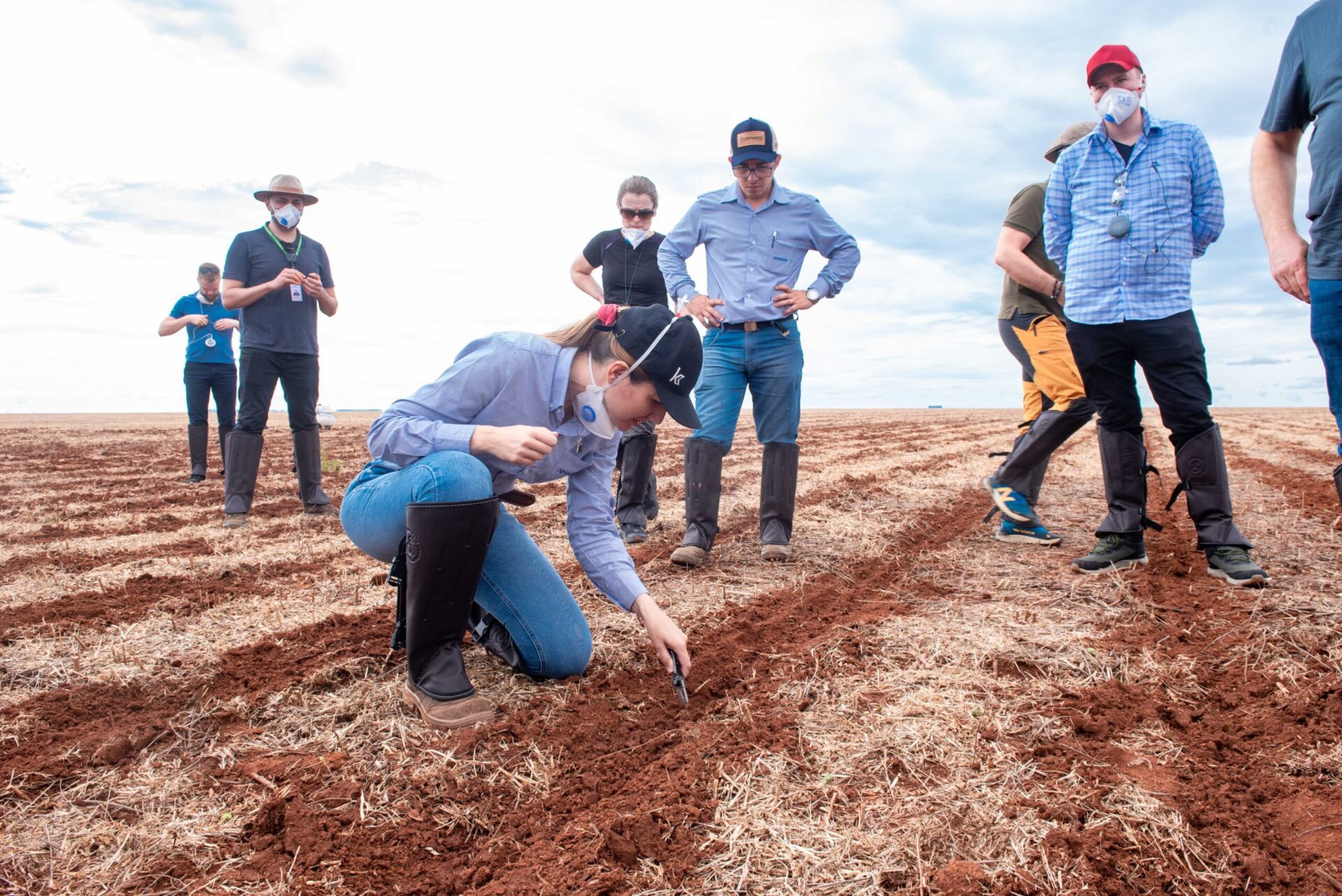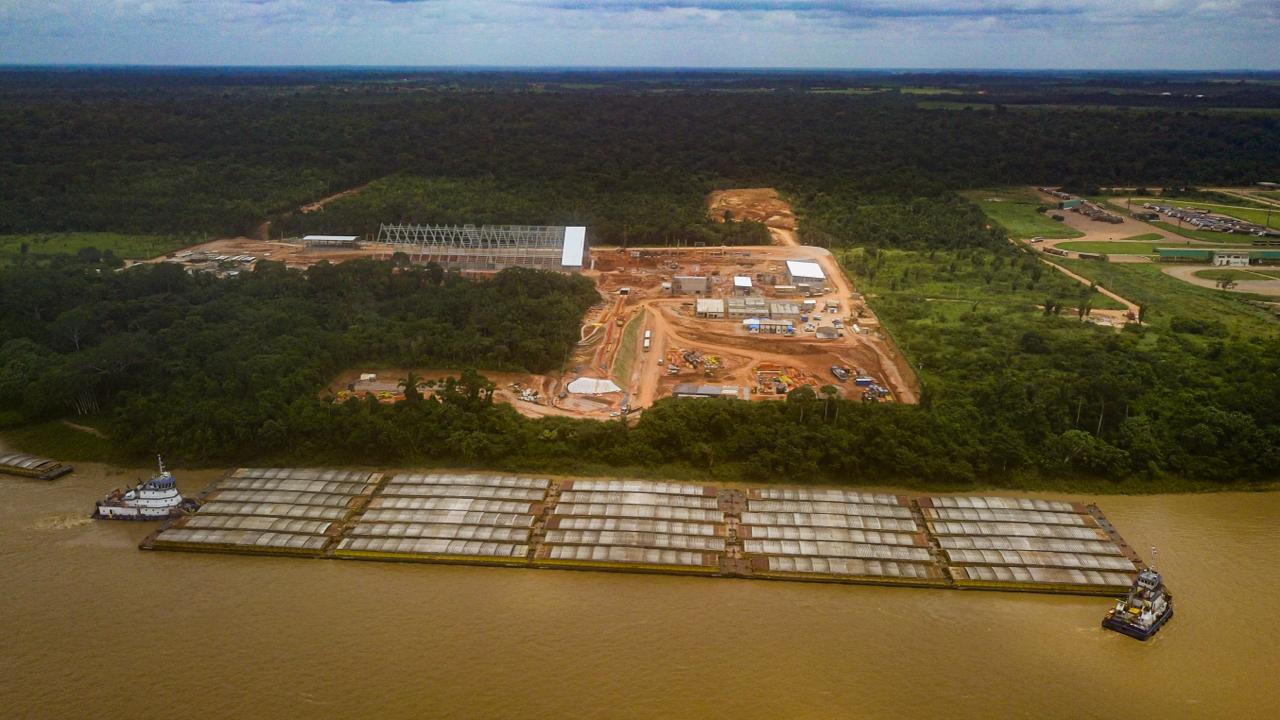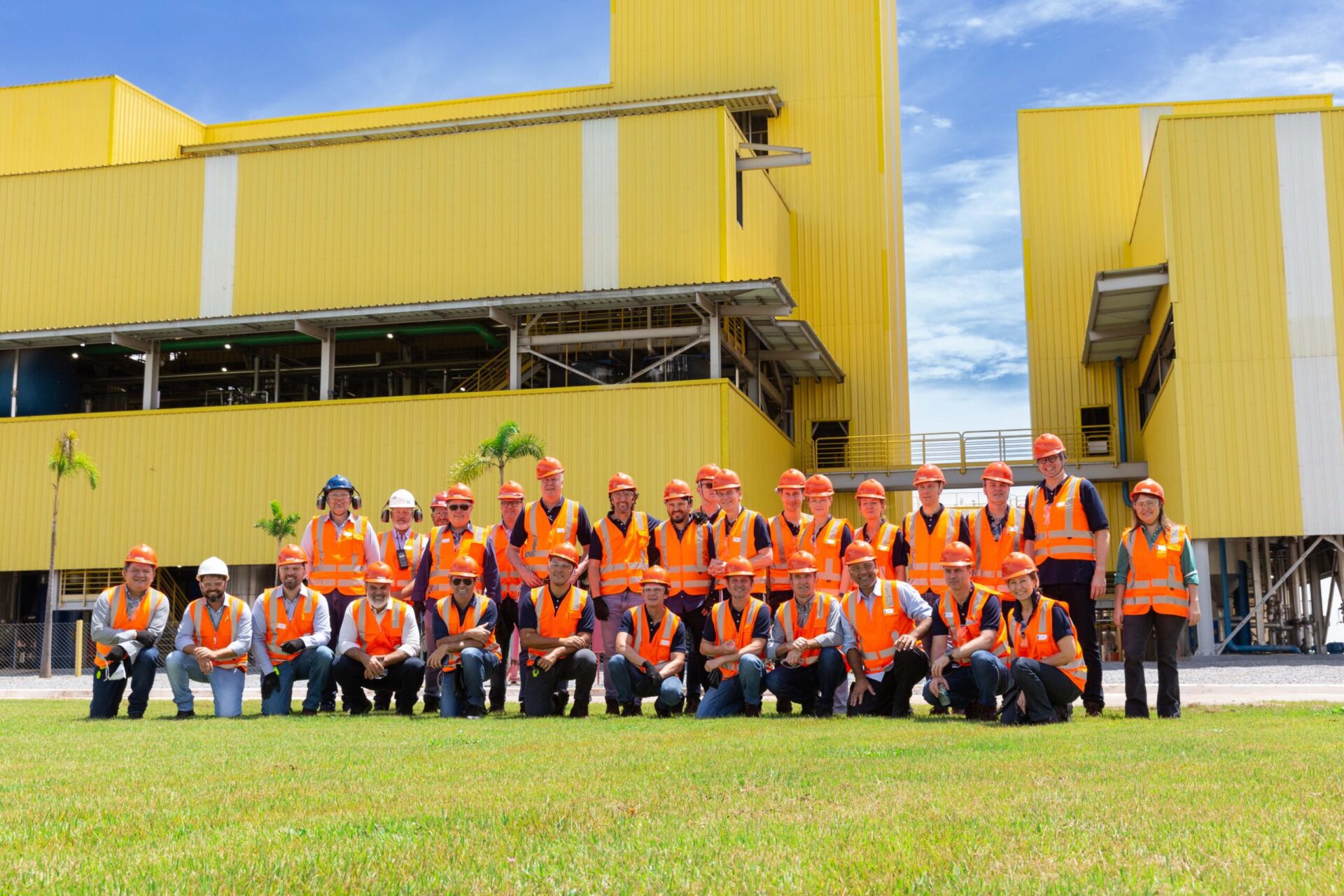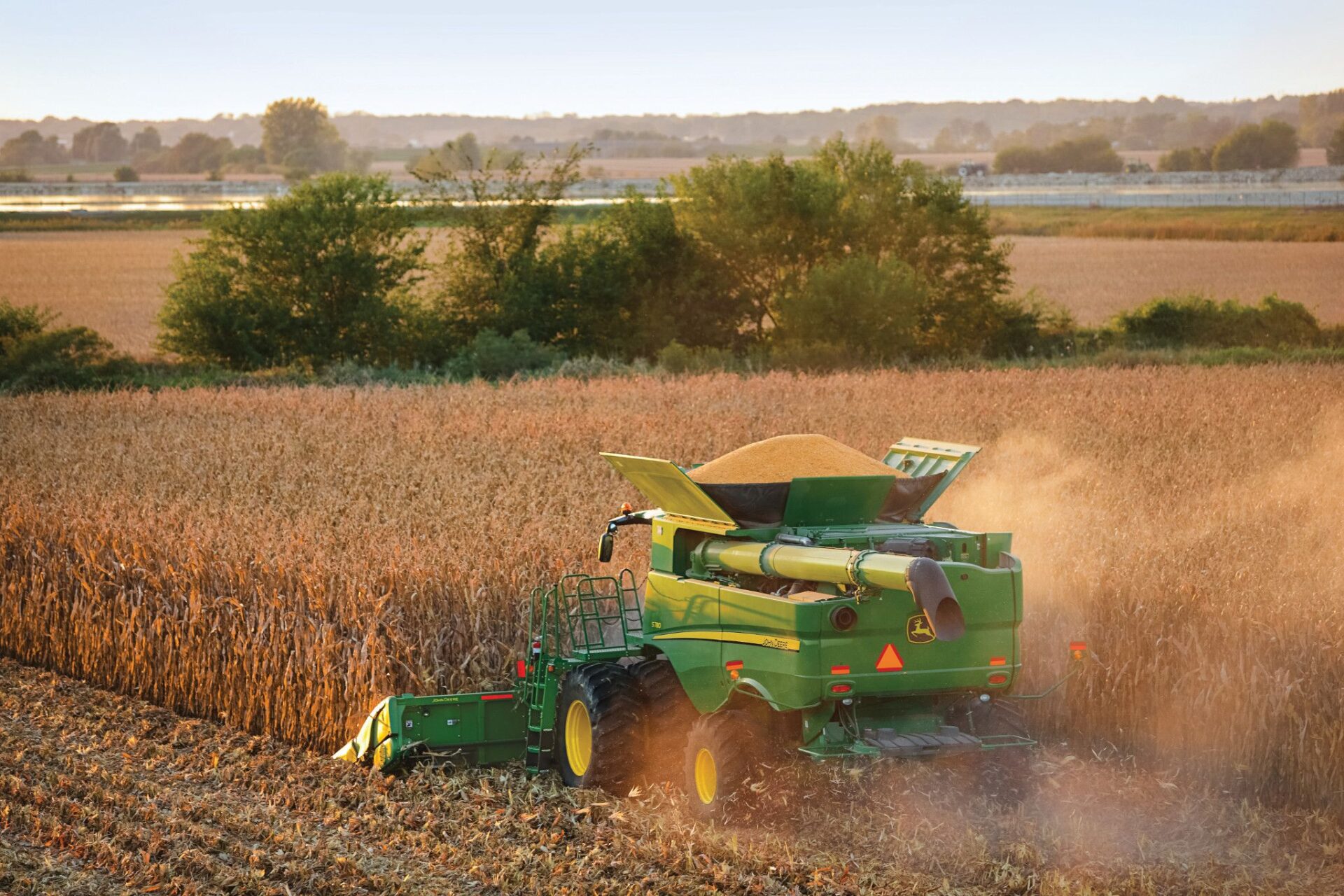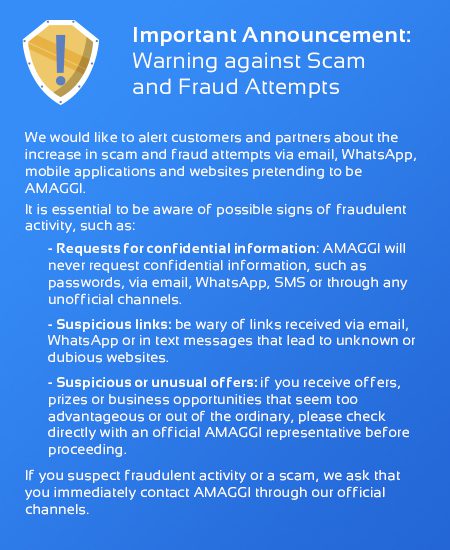1 de March de 2023
Norwegians get to know AMAGGI’s sustainable non-transgenic soy production up close
Getting to know one of the soy production areas that supply the European market and discussing the challenges of maintaining the sustainable cultivation of the grain were some of the objectives of the visit to Mato Grosso by Denofa’s Directors, AMAGGI’s soy crushing industry in Norway, in last week.
The group comprised members of agricultural cooperatives, environmental protection NGOs, food-producing companies and researchers, among other institutions from Norway and Sweden, were in Cuiabá, at the Itamarati Farm, and the property of a partner producer, both in Campo New from Parecis.
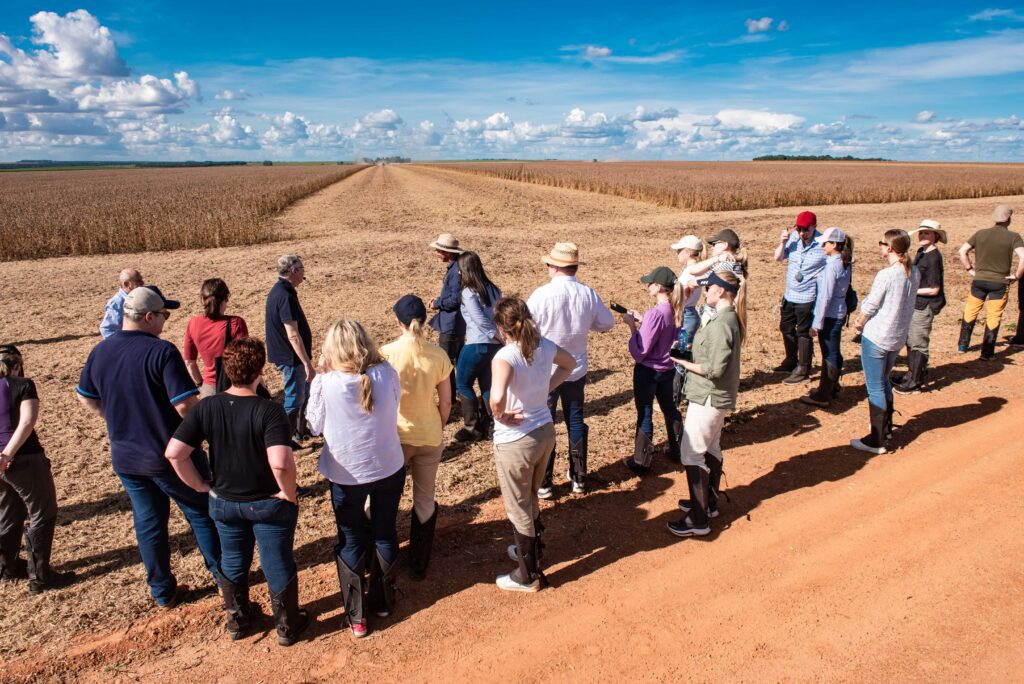
Norwegians get to know AMAGGI’s sustainable non-GMO soybeans production
The delegation of around 30 people was received by AMAGGI’s CEO, Judiney Carvalho, and directors Gunnar Nebelung, AMAGGI Commodities, and ESG, Communications and Compliance, Juliana Lopes, in addition to the André and Lucia Maggi Foundation’s managers.
The agendas detailed and discussed the stages of the ESG strategy and results already achieved by AMAGGI, as well as implementation challenges in the value chain, both with producers and customers.
Denofa is Norway’s largest importer of non-GMO soy. Furthermore, grain from Brazil cannot originate from deforested areas.
“It was an important visit to give even more transparency to our actions so that they could closely check our company’s policies, environmental actions and strict quality control, including concerning the production and shipment of non-transgenic soy”, highlighted Juliana Lopes, ESG, Communications and Compliance Director at AMAGGI.
Along with AMAGGI, representatives from Abiove (Brazilian Association of Vegetable Oil Industries), IPAM (Amazon Environmental Research Institute), the NGO – The Nature Conservancy, and the Government of Mato Grosso took part in the program.
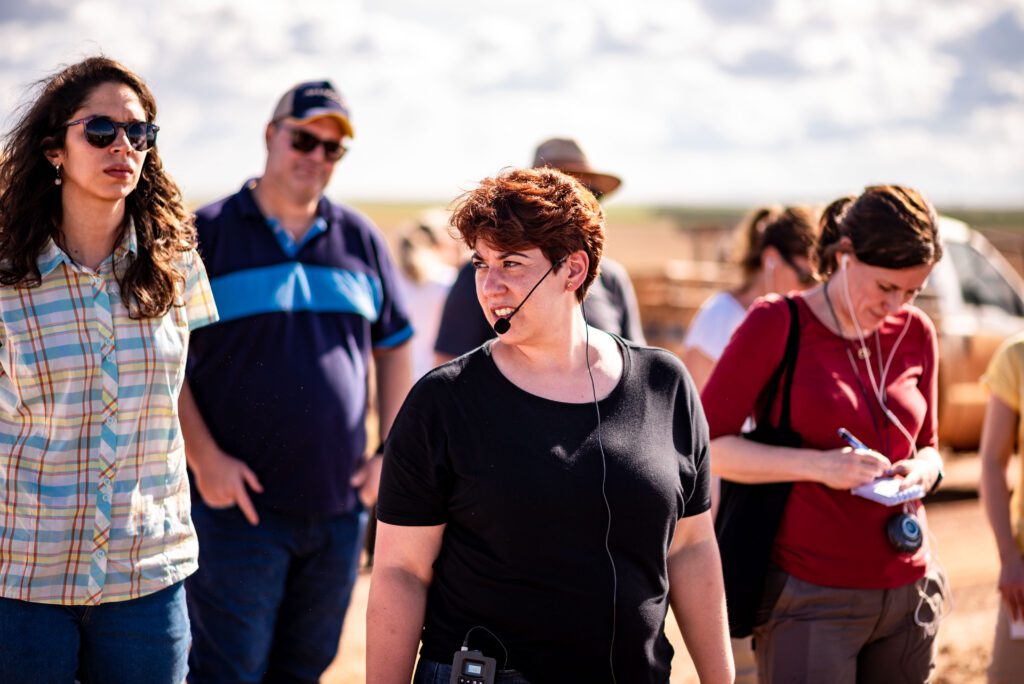
Juliana Lopes, AMAGGI’s director of ESG, Communication and Compliance
Itamarati Farm
After the agenda in Cuiabá, the group went to the Itamarati farm, AMAGGI’s largest, with approximately 105,000 hectares and over 1,000 employees. On the property, information on soy and cotton production, social and environmental management, quality control and segregation was presented to the entourage, as well as detailed good agricultural practices adopted on the property.
The group also visited an AMAGGI partner farm in that region, and Vila Itamarati, where Itamarati employees and their families live. With more than 3,000 inhabitants, the site has homes, schools, a health center and all the necessary infrastructure.
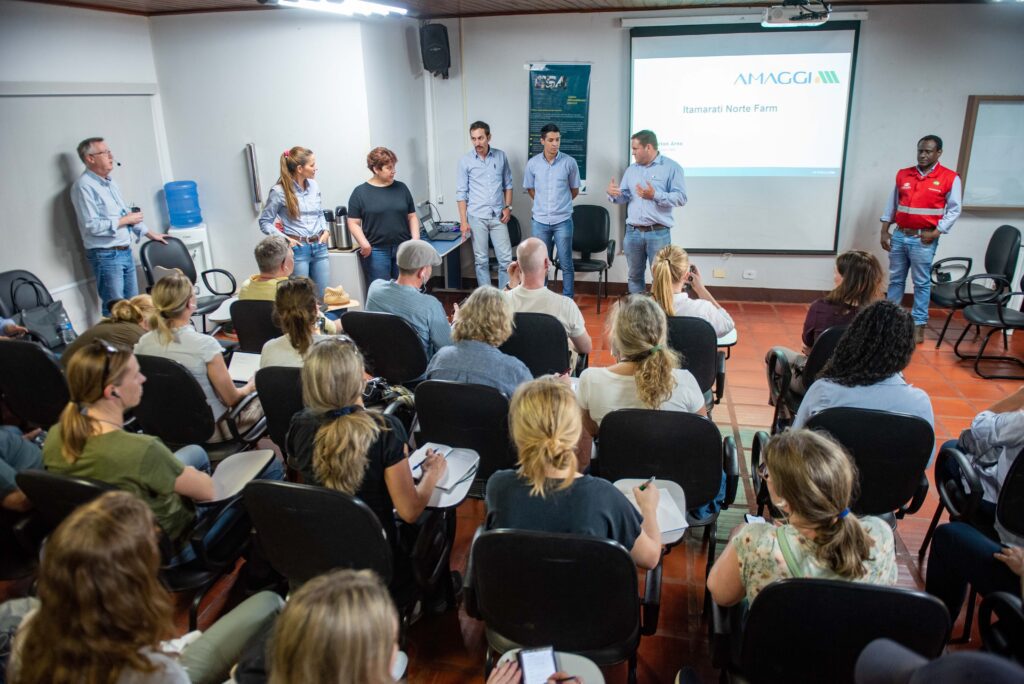
Itamarati’s team explains the production of non-GMO soy production
Hans Petter Olsen, CEO of Denofa, had already visited Mato Grosso, but it was his first time at the Itamarati farm. “I am very impressed with the sustainable way you work, the way you are building society around here [Itamarati]. Amaggi is creating jobs, schools, societies and much more”, he praised.
The CEO also highlighted the supply of non-transgenic soybeans by AMAGGI. “It is very important for us, as we work in a country where legislation requires non-GMO products”.
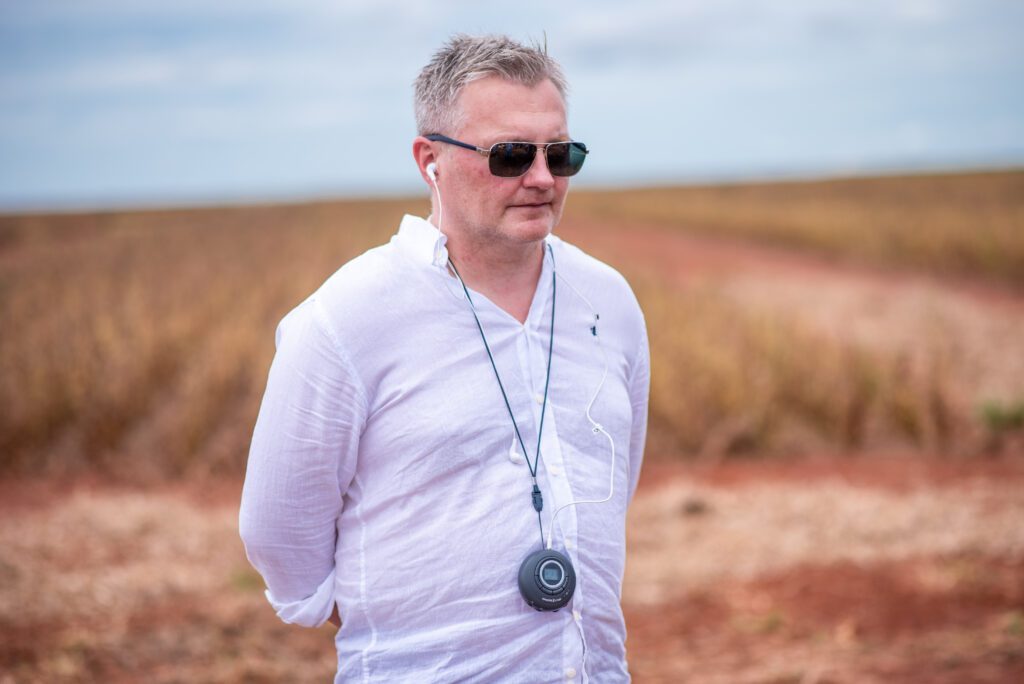
Hans Petter Olsen, CEO of Denofa, visited Itamari farm for the first time
Igor Pezzini, manager of the Itamarati farm, pointed out that the visit was essential to resolve doubts. “It was excellent for them to learn firsthand how it’s done. And even ensure the quality of the product that reaches them in Europe. And with that, they attest to the social and environmental responsibility of the operations as a whole,” said Pezzini.

